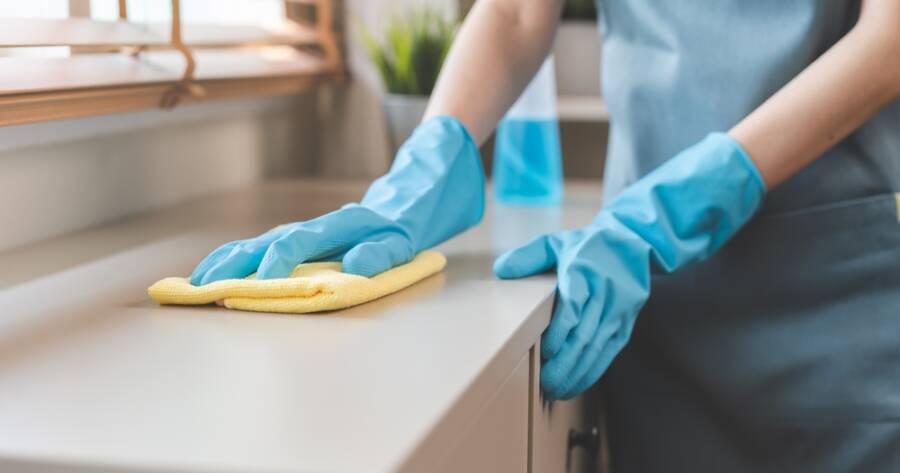Home cleaning services can be a costly challenge for seniors aiming to “age in place” while maintaining independence. Medicare Advantage, via specific plans, offers potential coverage for medically necessary cleaning services, aiding those with health conditions like asthma. Understanding eligibility and plan options is crucial for seniors to navigate this complex landscape effectively.
Understanding Medicare-Covered Home Cleaning Services for Seniors
The concept of “aging in place” is increasingly popular among seniors who prefer to continue living independently in their homes. However, maintaining a home without assistance can be challenging due to age-related limitations.
While owning a home outright offers financial advantages, including reduced living expenses and access to home equity for services, the costs associated with non-medical in-home care, such as housekeeping, are significant. The average monthly costs for these services range between $4,290 to $4,385, underscoring the need for financial aid to support long-term household management.
How Medicare Advantage Can Assist
Original Medicare, through Parts A and B, does not typically cover home cleaning services, classifying them as “homemaker” services. However, when services are deemed medically necessary, Medicare Advantage plans, also known as Part C, may offer some coverage linked to specific health conditions, such as asthma or immune deficiencies. This coverage might involve air filtration, linen washing, or carpet cleaning, which assist in managing particular health concerns.
What to Know About Eligibility and Plan Options
One should note that regular cleaning services are not typically covered under Medicare Advantage. Coverage depends heavily on whether services are medically necessary and may include minimal cleaning efforts like linen changes or the cleaning of treatment-related items.
Eligibility varies based on specific plan options available in a senior’s locality, making it crucial for individuals to consult healthcare professionals. This helps in comprehensively understanding what Medicare-covered home services are available to them.
Consultation and Informed Planning
Since Medicare coverage can be complex with many nuances, particularly concerning non-medical services, consulting with an elder law attorney or healthcare professional is advised. These professionals can offer tailored advice on enrolling in Medicare Advantage plans suited to specific needs and understanding eligibility for housekeeping services.
This ensures seniors are aware of the benefits they can access through their plans. Exploration of Medicare Advantage is essential for deciding which plan aligns best with personal health needs and financial situations, maximizing the support provided by available home services.
Alternative Financial Support for Home Cleaning to Consider
When Medicare or Medicare Advantage plans do not cover routine housekeeping, seniors can still find creative ways to manage these expenses. Family members or friends may be willing to share cleaning responsibilities or contribute financially to reduce the burden. Local community centers, faith-based organizations, and nonprofits like Meals on Wheels or area Agencies on Aging often coordinate volunteer programs that provide light cleaning or chore assistance at little or no cost.
Seniors can also check with their city or county social services for grants, sliding-scale home help, or seasonal assistance programs. By combining informal family support with community resources, older adults can maintain a clean, safe living environment without taking on high out-of-pocket costs.
Why You Should Learn More About Medicare-Covered Services Today
Gaining a comprehensive understanding of Medicare-covered home cleaning services is vital for seniors wanting to maintain independence with financial feasibility. Medicare Advantage provides substantial opportunities through its plans, allowing eligible seniors to receive necessary at-home care while minimizing out-of-pocket expenses. This coverage can significantly aid in making informed decisions about in-home services that help uphold quality of life. Stay informed about these options to ensure the best possible care and comfort for loved ones now and in the future.





